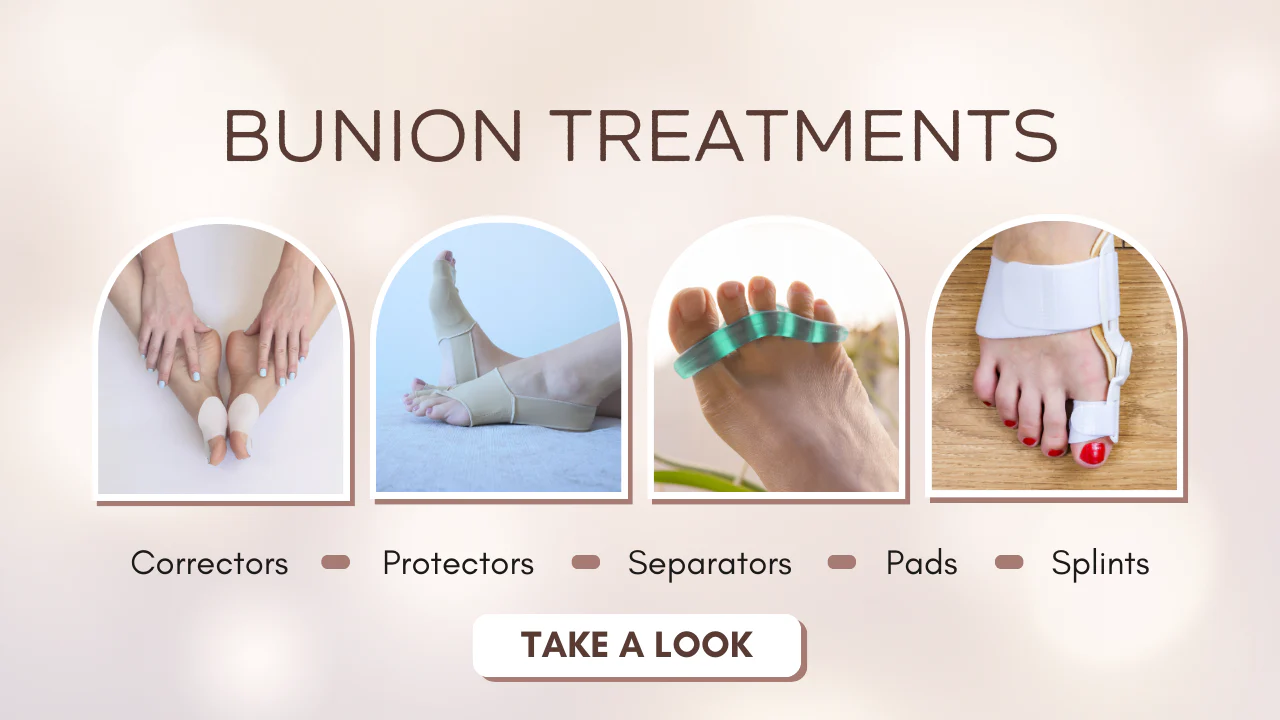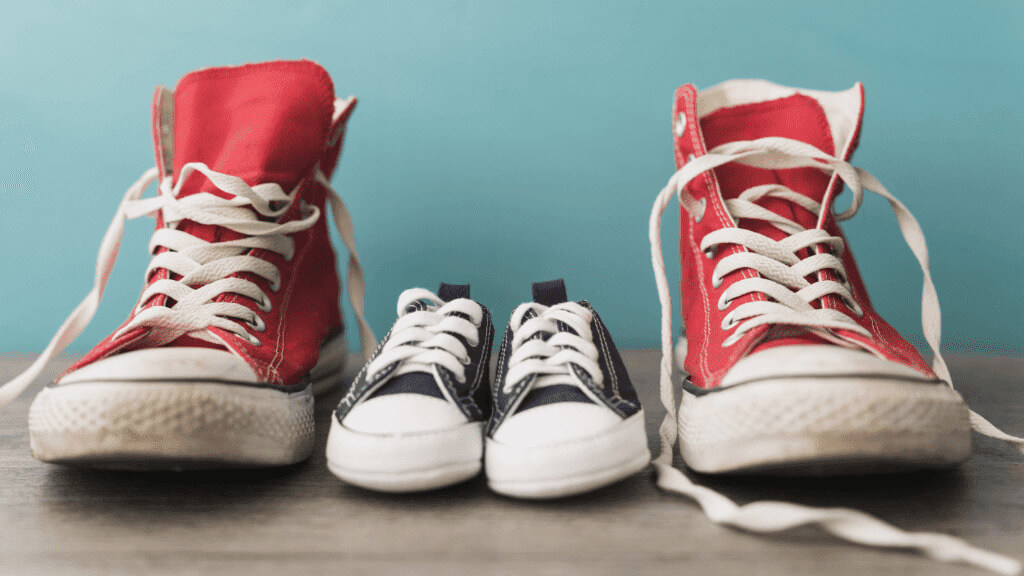Life is unpredictable, and sometimes, it throws challenges our way that test our strength, resilience, and willpower. When a friend has survived a severe accident, their journey to healing—both physically and emotionally—can be long and difficult. As someone who cares deeply for them, you might find yourself wondering what to say or how to be there for them in a way that truly helps. Offering kind words can be a powerful tool in their recovery, providing comfort, motivation, and reassurance during this challenging time.
Table of Contents
The Power of Words in Healing
Words hold immense power. They can uplift, comfort, and inspire. When your friend is dealing with pain, trauma, and uncertainty, your words can serve as a source of encouragement and hope. Whether spoken in person, sent in a text, or written in a heartfelt letter, kind and thoughtful words can make a world of difference.
Accidents often leave survivors battling feelings of frustration, fear, and even guilt. They might be struggling with the loss of mobility, independence, or confidence. Your role as a friend is not to fix everything but to remind them that they are not alone, that they are strong, and that healing is possible.
What to Say to a Friend Who Survived an Accident
“I’m here for you.”
- This simple phrase reassures them that they are not alone in their journey. Knowing they have a reliable support system can make their recovery feel less isolating.
“You’re stronger than you think.”
- Remind them of their inner strength. They have already survived something incredibly challenging, proving their resilience.
“Take one day at a time.”
- Recovery is a process, and it’s okay to move at their own pace. Encourage them to focus on small victories rather than getting overwhelmed by the road ahead.
“It’s okay to have bad days.”
- Healing isn’t always linear. Let them know that it’s normal to have ups and downs, and they don’t have to put on a brave face all the time.
“I believe in you.”
- Sometimes, a little faith from someone else can reignite their own belief in themselves.
Practical Ways to Show Support
Kind words are important, but actions also speak volumes. Here are a few practical ways to support your friend:
Be Present: Sometimes, just sitting with them in silence can be comforting. Let them know they don’t have to go through this alone.
Offer Help: Whether it’s running errands, preparing meals, or helping with appointments, small acts of kindness can ease their daily struggles.
Encourage Self-Care: Gently remind them to take care of their mental and physical health, whether it’s through therapy, meditation, or just enjoying a favorite book or movie.
Celebrate Progress: No milestone is too small. Whether they’re taking their first steps after surgery or simply having a good day, acknowledge their progress and celebrate it.
Overcoming Emotional Challenges
Physical recovery is only one part of the journey. Emotional healing can take just as long, if not longer. Many accident survivors deal with post-traumatic stress, anxiety, or depression. As a friend, your understanding and patience are invaluable. Encourage them to talk about their feelings, but don’t force them. Let them know professional help is available if they need it and that seeking therapy is a sign of strength, not weakness.
Avoiding Unhelpful Phrases
While your intentions are good, some phrases can unintentionally be hurtful or dismissive. Here are a few things to avoid saying:
“Everything happens for a reason.”
- This can come across as dismissing their pain rather than offering comfort.
“At least it wasn’t worse.”
- While gratitude is important, this statement can minimize their experience and struggles.
“You should be over it by now.”
- Healing doesn’t follow a timeline. Be patient and let them recover at their own pace.
FAQs
Q: How often should I check in on my friend? A: It depends on their personality and needs. Some people appreciate daily check-ins, while others prefer occasional support. Follow their lead and adjust accordingly.
Q: What if they don’t want to talk about the accident? A: Respect their boundaries. Let them know you’re there for them whenever they’re ready, but don’t pressure them to talk.
Q: How can I help if I live far away? A: Send thoughtful messages, schedule phone or video calls, or even send care packages to remind them they are in your thoughts.
Q: What if I don’t know what to say? A: That’s okay! Sometimes, just saying, “I don’t have the right words, but I care about you” is enough.
Conclusion
Being there for a friend after a severe accident is about offering kind words, patience, and support in whatever ways they need. Whether through words of encouragement, acts of kindness, or simply being present, your role in their healing journey is invaluable. Remember, your words and actions can be the light that helps guide them through the darkness of recovery. So, continue to be that source of comfort, strength, and positivity in their life—they need it more than ever.










